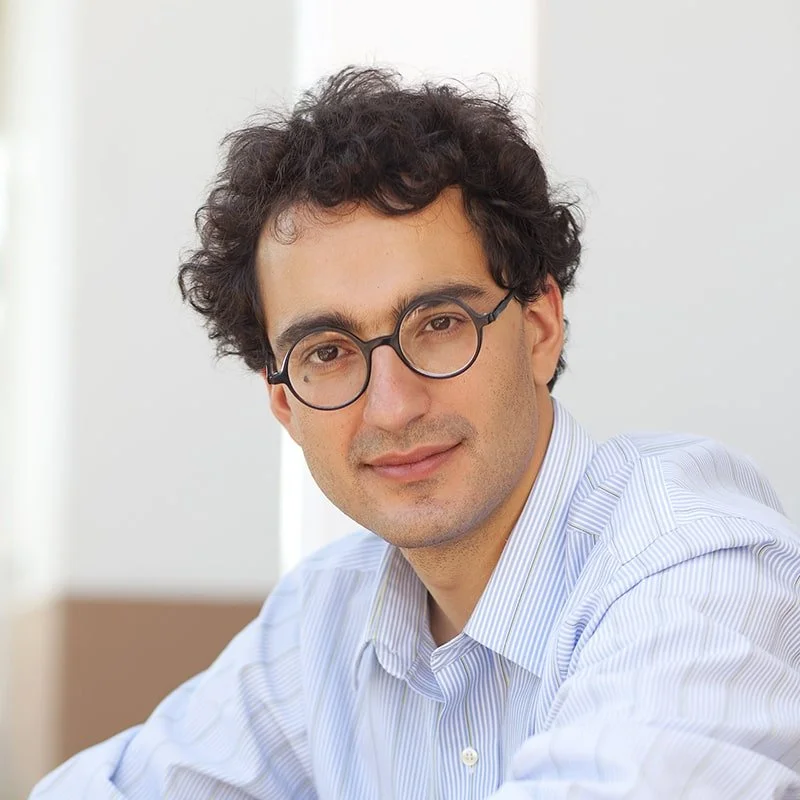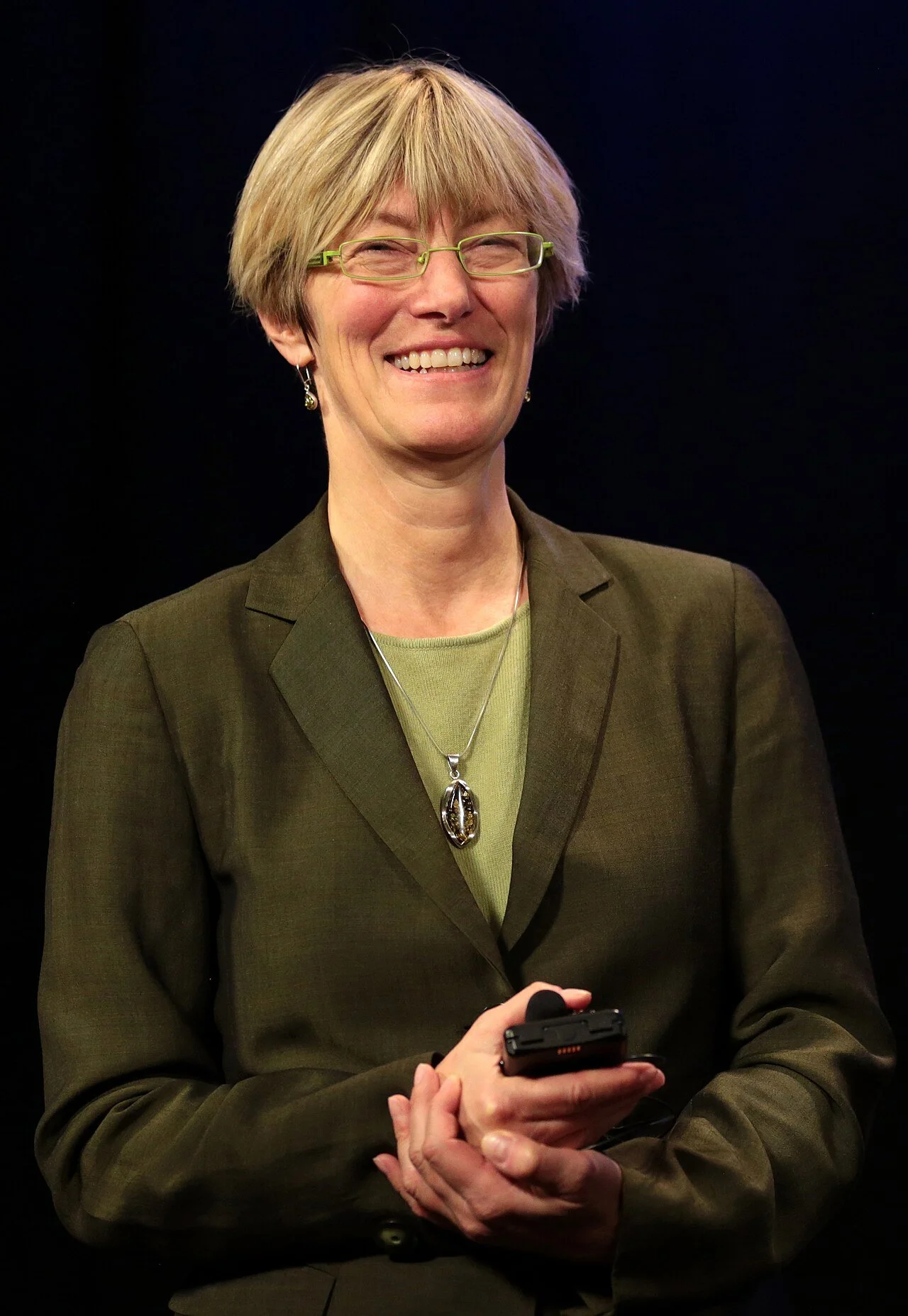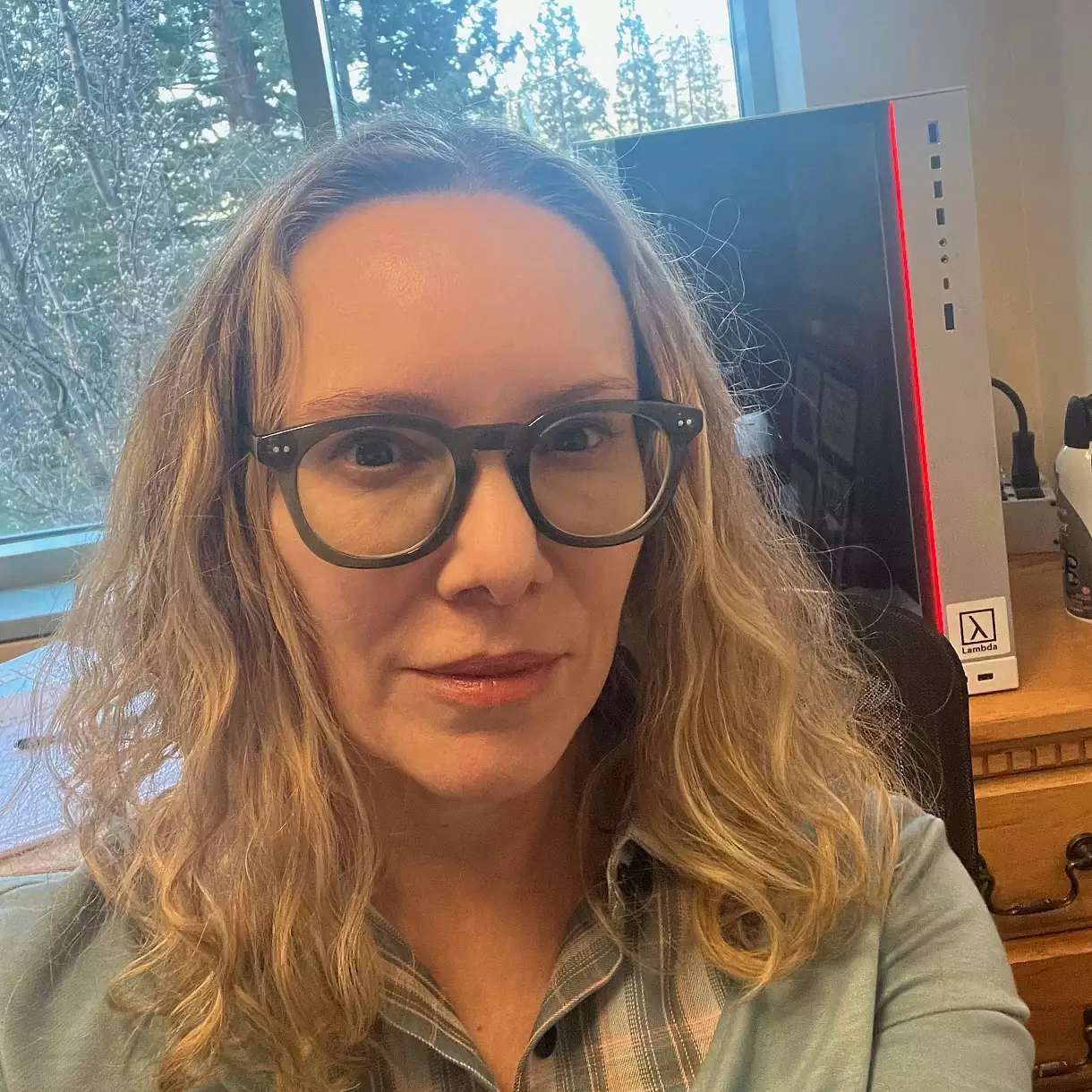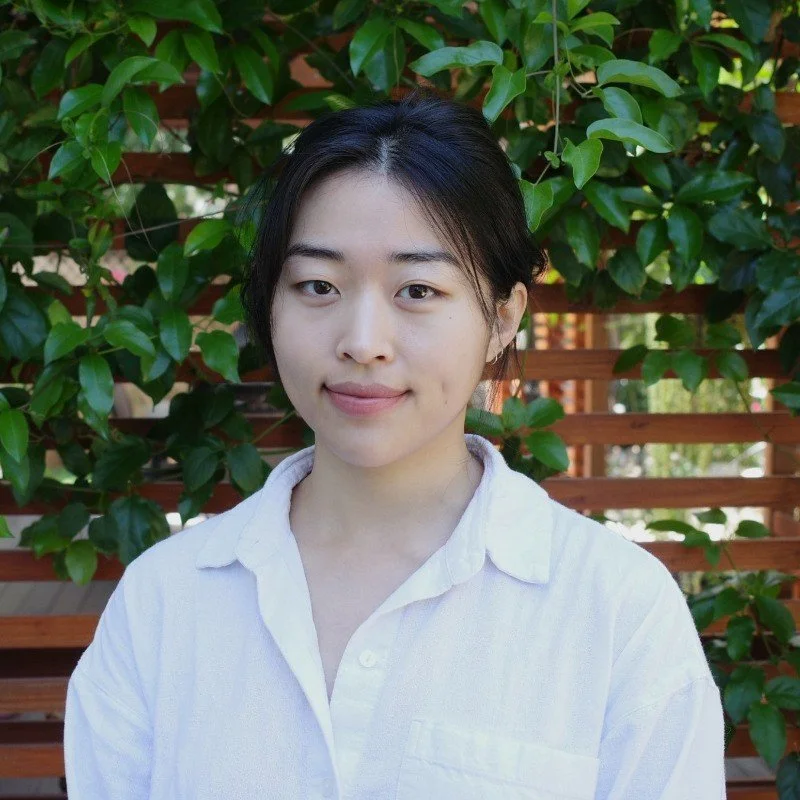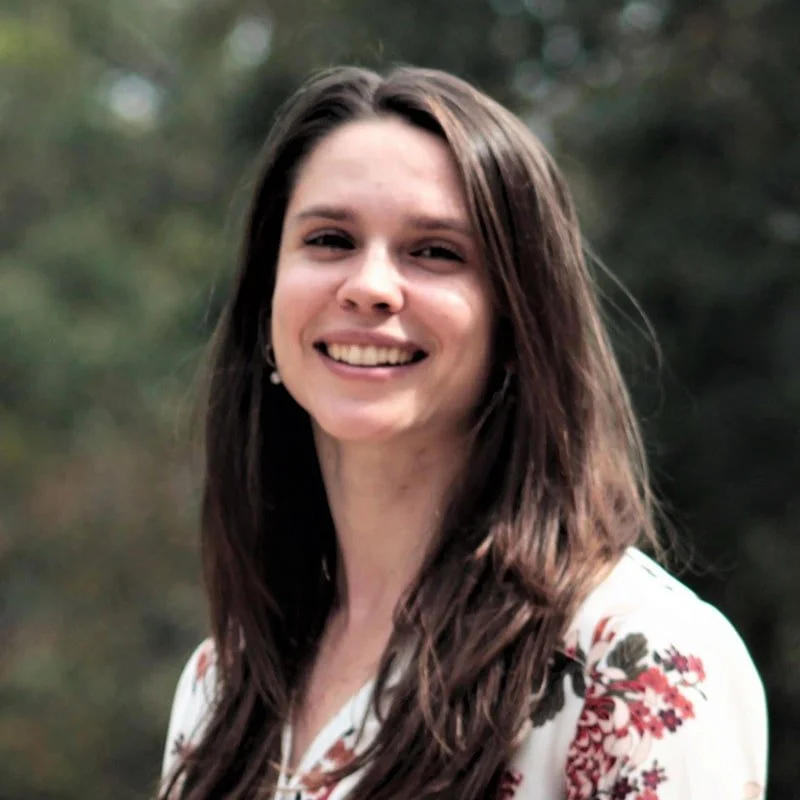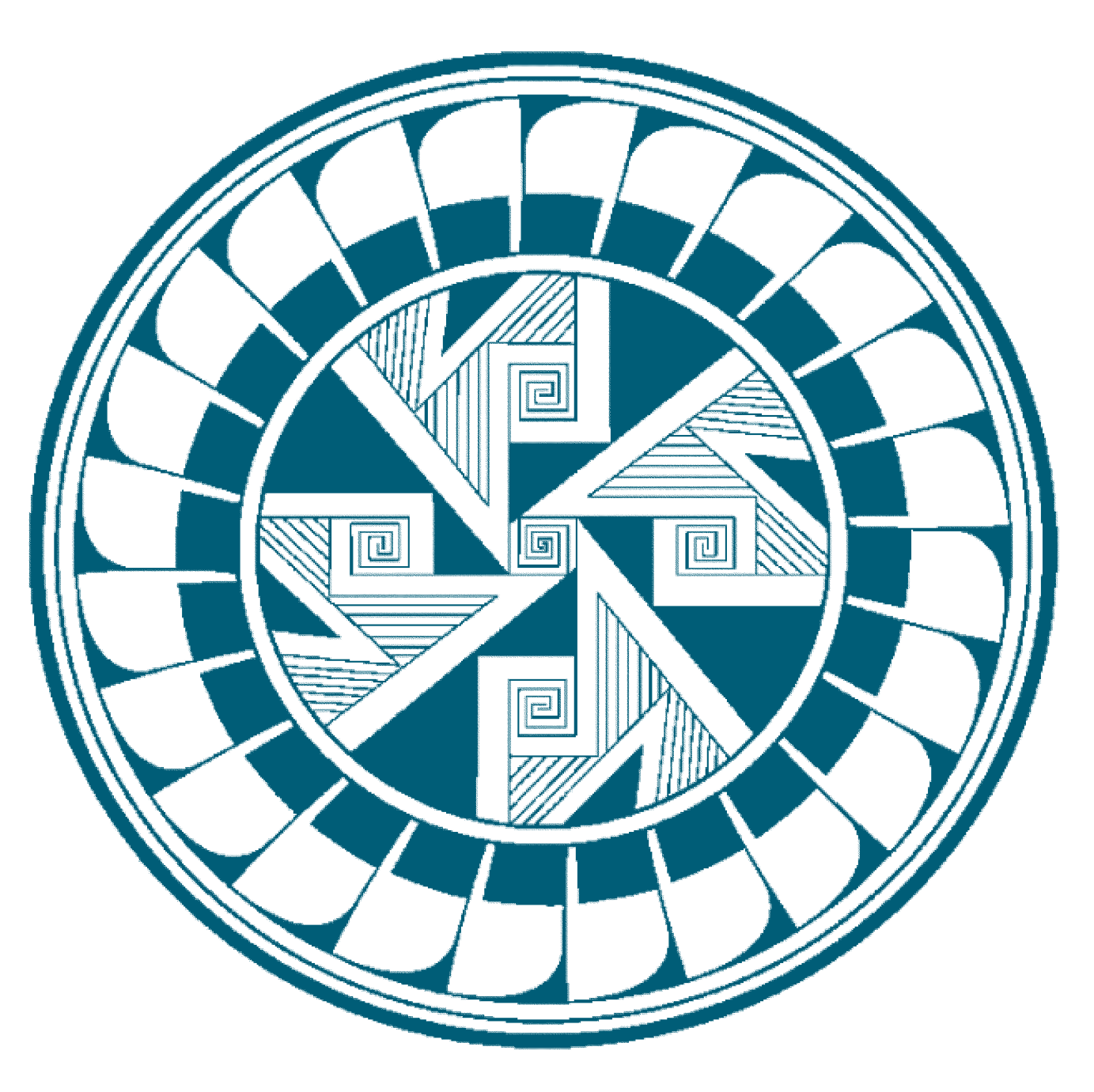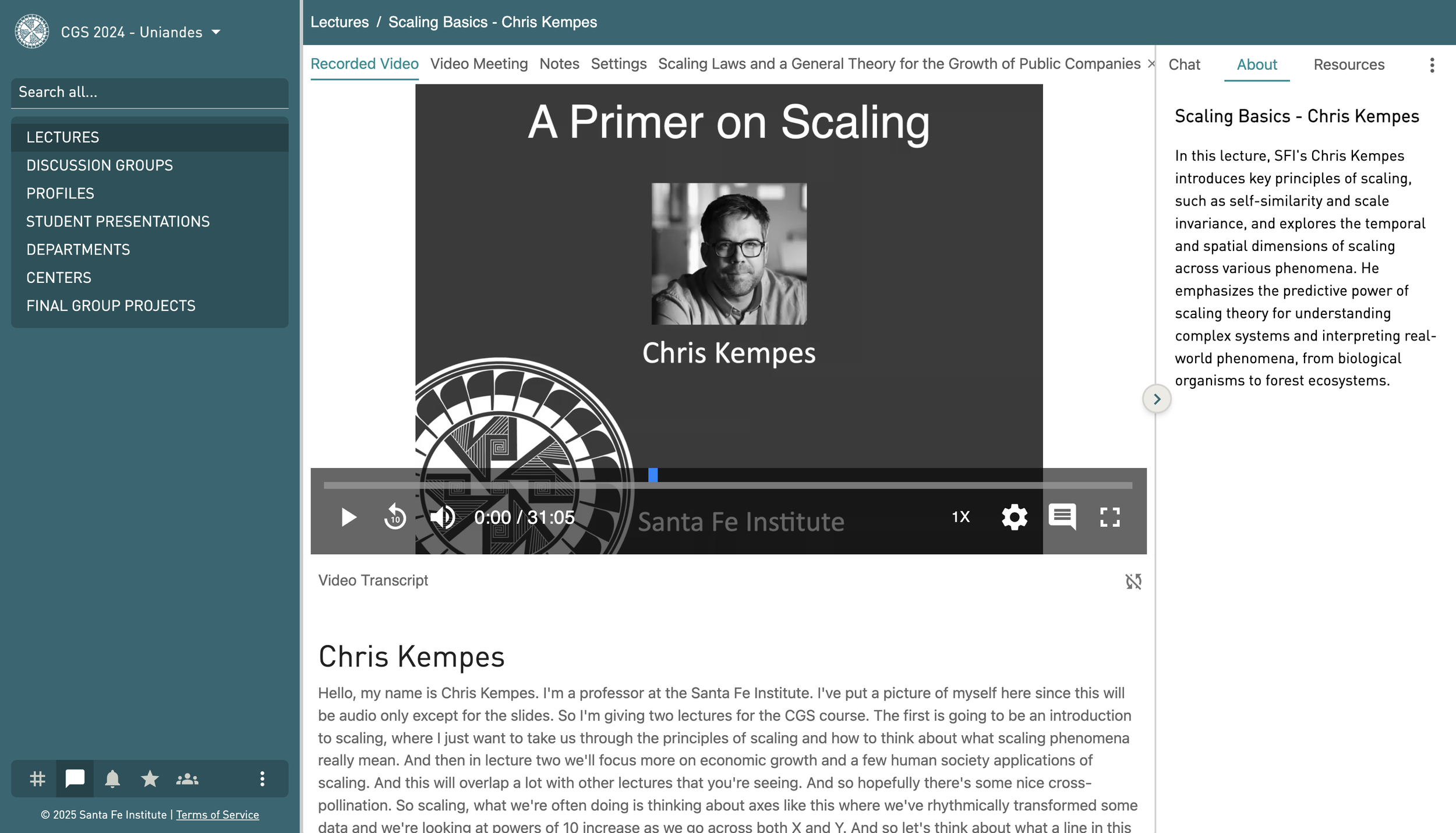How can AI and other digital technologies advance the mission of universities?
We don’t know. Neither does anyone else.
We need to search for good sets of digital tools, rules, and social norms that advance the university’s mission. This is (formally) a complex problem. To avoid getting stuck on a low-lying plateau, we must learn from a robust ensemble of different experiments and approaches.
Project ARCH – AI Rollout Collaboration Hub – provides a clearing house for data and digital tools. Universities, departments, and academic collaborations can access free and highly customizable digital tools. These tools collect data in standardized ways, which academic leaders control and can choose to share with researchers from like-minded organizations.
The goal is two-fold. First Project ARCH works to empower academic leaders to take more control of the digital tools that support their collaborations, inquiries, and instruction. Second, we work to encourage cross-institution exchanges of insights, innovations, and data (with IRB approval).
ARCH’s architectural philosophy is based on a “chassis” or orchestration layer. The idea is to offer a platform which can seamlessly integrate and orchestrate the deployment of AI and other digital tools from both commercial and academic providers.
Project ARCH is an Applied Project at the Santa Fe Institute, a 501.c.3 non-profit, independent, research institute dedicated to understanding complex systems. Software developed under Project ARCH will be released as open source.
What is the ARCH?
Workshop
ARCH can support in-person meetings or ongoing communities of intellectual inquiry.
Collaborate
Host virtual conferences, edit collective documents, and more.
AI Tools
Experiment with different deployments of AI to find solutions that enhance your collective's intelligence.
Archive
Store papers, videos, and links in the built-in repository.
As an open source project, many of our collaborators balance their work with other obligations. Our bottom-up team is constantly growing. Please let us know if you would like to be involved.
advisory board
core ARCH team
affiliated researchers
powered by the Santa Fe Institute Project ARCH is an Applied Project at the Santa Fe Institute. Click here to learn more about SFI’s Applied Projects.



